I'm not an especially political person. I have friends who are; friends who run polling agencies, write federal grants, and preside over politically active foundations. I have journalist friends like The Nation’s national affairs correspondent Joan Walsh, who has been a political reporter since we first met 45 years ago, as editors at the Santa Barbara News & Review.
But I myself cannot claim any particular fluency, much less influence, in the political sphere.
That's part of why it has been so difficult for me to think rationally about the events of February 28th, which left me feeling personally ashamed and sick to my stomach. I've tried to approach writing about the abominable confrontation between Trump, Vance and Zelensky with a degree of understanding that transcends outrage, but the deeper meaning of the exchange eludes me. I get that in the world of realpolitik many Americans don't see the point of backing a seemingly endless war being fought across an ocean, on the far side of the European continent. I also realize how disastrously that same strategy played out after September 1938, when Neville Chamberlain attempted to placate Hitler with the meal of Czechoslovakia. The German dictator’s appetite was not sated.
More than 400,000 American military died during World War Two; another 24,000 in Korea, and 58,000 in Vietnam. As misdirected as Vietnam was, I’m going to say that most of these nearly half a million young men and women — and thousands more, in other conflicts — perished to keep other human beings from falling under brutal dictatorships. And many of these warriors were the sons, daughters, parents and grandparents of the venal Republican cowards on the Hill. How do they sleep at night?
Whatever the goals of the current administration, the blow up with Ukraine's first Jewish president (is there any significance there?) further sank my hopes for our country’s future. That empty feeling is exacerbated by the lack of any decisive action being taken by the political party that I — more out of lack of alternatives than any real passion — have aligned with through most of my voting life.
I believe that what the Democratic Party should be doing right now is building community, and fostering strength among the resistance.
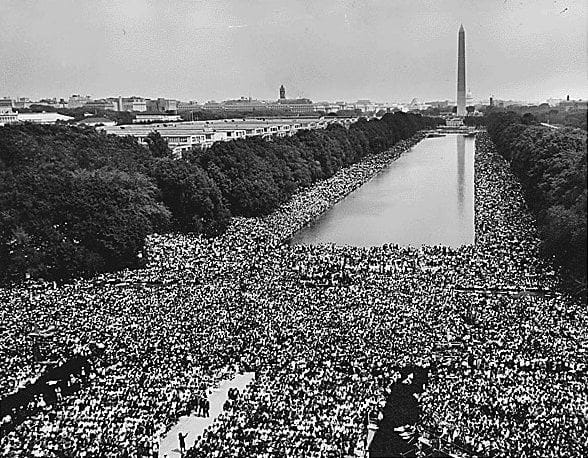
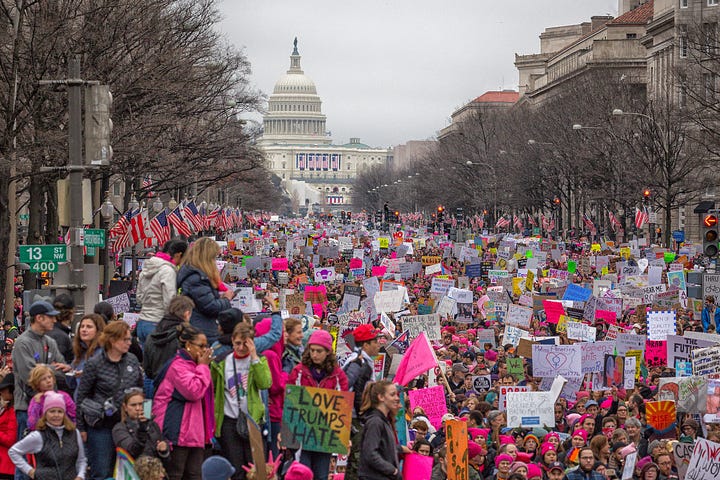
It is time for the opposition to coalesce. To start: As unlikely as it is that any of them will see this post, I ask that seven of our bravest and most articulate allies — Pete Buttigieg, Alexandria Ocasio-Cortez, Bernie Sanders, Heather Cox Richardson, Hakeem Jeffries, Robert Reich and Rebecca Solnit — call for a march on Washington, the size and scope of which has not been seen since the 2017 Women’s March. I’m talking about a multi-million person march, as soon as May Day. If those seven activists call for such a show of solidarity, it will happen — and the community will find its voice, and know its power. That’s our first step.
It may not be the solution, but it will the opposite of silence.
This was never intended to be a political post. My initial inspiration was to write about community on a different level: specifically, an amazing celebration that occurred last Friday (the same day as the Trump/Zelensky debacle) in San Francisco, as a tribute to one of my musical heroes — a man I saw a dozen times in concert, and who seemed in direct contact with the divine.
When I first saw Zakir Hussain play the tabla, in the late 1980s, I couldn’t believe my eyes – or my ears. It seemed impossible that a human being could draw such complex and luminous sounds from what looked like such a salad bowl. But it was more than his artistry. Zakir’s entire body seemed animated by a spirit: as if he was — as even he liked of think of himself — a conduit.
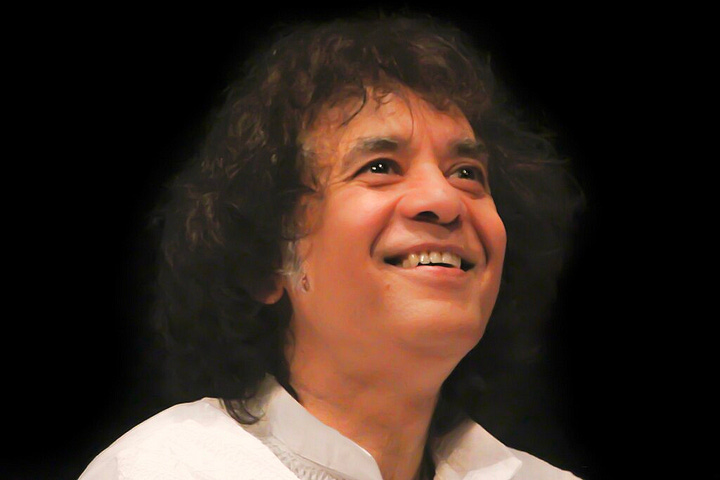
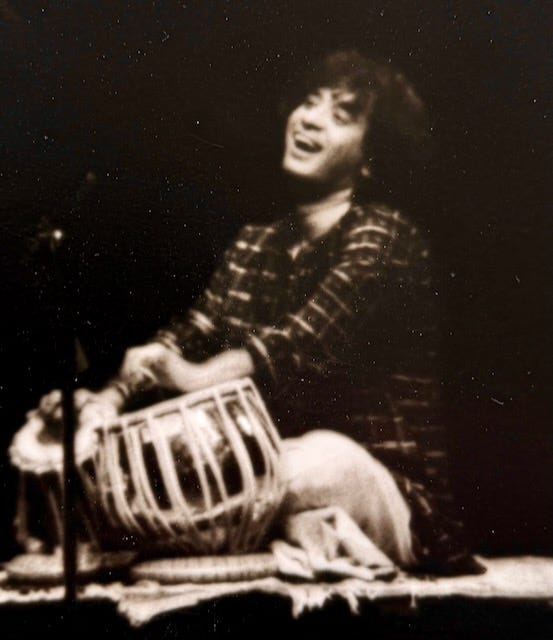
That was also how his partner, Antonia Innecola — a Kathak dancer, teacher, and mother of their two daughters — described Zakir last night at his Celebration of Life at San Francisco’s Grace Cathedral. Music didn’t come from Zakir, Toni confirmed; it arrived through him. The unforgettable tribute featured George Brooks, Kala Ramnath, Béla Fleck, Chris Potter, Charles Lloyd, Joshua Redman and many others jazz luminaries.
In April 1992, when Zakir was 42 years old, I had the extraordinary good fortune to interview him for an SF Weekly cover story at the home he and Toni shared in Marin, California. At that time, Zakir’s father, the legendary Alla Rakha – the tabla player for Ravi Shankar and Zakir’s lifelong teacher — was alive as well. The two musicians took me out to the back deck, set up their tablas, and for a miraculous hour played for me under the warm spring sun. I remember looking up from my trance and seeing that, in all the neighboring homes, people were leaning out their windows to listen.
For those interested in learning more about the artist and his music, here is that lively interview: Drumming at the Speed of Light. It is divided, appropriately, into two parts: Matter and Energy.
[ While playing the tabla] “I’m painting,” Zakir tells me. “I can actually, visually see what my next pattern is going to be. Sometimes they look like drawings, or writing; sometimes like little pyramids and minarets. Sometimes they are animals, prancing…”
Zakir Hussain died in December 2024, of idiopathic pulmonary fibrosis. He was 73. The last time I saw him play — by invitation from my tabla-playing friend and master photographer Steven Brock — was in September 2023, at an SF Jazz concert at Davies Symphony Hall. That evening, Zakir was playing with fellow musicians John McLaughlin, Shankar Mahadevan, Ganesh Rajagopalan and Selvaganesh Vinayakram, for a quasi-reboot of Shakti — one of the first and most influential East/West fusion groups. If you haven’t listened to their music, now is the time. I especially recommend their 1999 album, Remember Shakti.
My own window for learning the tabla has closed. Even typing requires too much dexterity; this post is being composed with dictation. And speaking of Parkinson’s… it's still hard to think about anything except how many research programs are in peril while the NIH (National Institutes of Health) and NSF (National Science Foundation) are being gutted, and clinical trials that have taken years to develop must be abandoned mid-stride.
According to Chat GBT Deep Research, in response to a prompt written by public health expert Dr. Elliot Marseille:
NIH budget cuts pose a major threat to PD research, particularly for early-stage, high-risk clinical trials. Reduced funding could lead to fewer new therapeutic targets, delays in investigator-led trials, and a greater reliance on industry-sponsored studies, potentially narrowing the scope of innovation. While industry-backed Phase 3 trials will proceed largely unaffected, promising early-phase academic studies could be stalled, delaying the emergence of groundbreaking therapies.
This is especially true now, as there are novel subcutaneous infusion strategies that offer some hope. Though none of them is a cure, some seem like promising alternatives to the Sinemet pills (levodopa/carbidopa) that most PD people, including me, take every 3-5 hours and at bedtime. Those oral doses were initially effective for about five hours (during which I have my “on” time.) But their efficacy is steadily shrinking (to 3-4 hours), and my “off” time (characterized by unsteady walking, hesitation, dyskinesia and general discombobulation) is increasing.
The new infusions are slow and steady, giving Parkinson's patients more “on” time than “off.” They also make it unnecessary to closely monitor one’s protein intake; protein in the gut is believed to interfere with the absorption of Sinemet. Right now these treatments seem like a potential alternative to Deep Brain Stimulation (DBS), a more invasive treatment (they drill holes in your skull!) that is the current standard-of-care for PD sufferers with intractable symptoms.
The point is that it’s almost inconceivable to think of this critical research being stopped... not to mention the NIH’s work with so many other life-threatening illnesses. But it was also inconceivable to imagine that one of the world’s most heroic leaders would visit the White House and be taunted by two of the most disgraceful figures in American politics.
Strange days. I send you all my best wishes, and hope you are keeping your hearts strong and your heads out of the sand. And never forget the credo of the late, great Wes “Scoop” Nisker: If we don’t like the news, let’s get out there and make some of our own. It’s time.





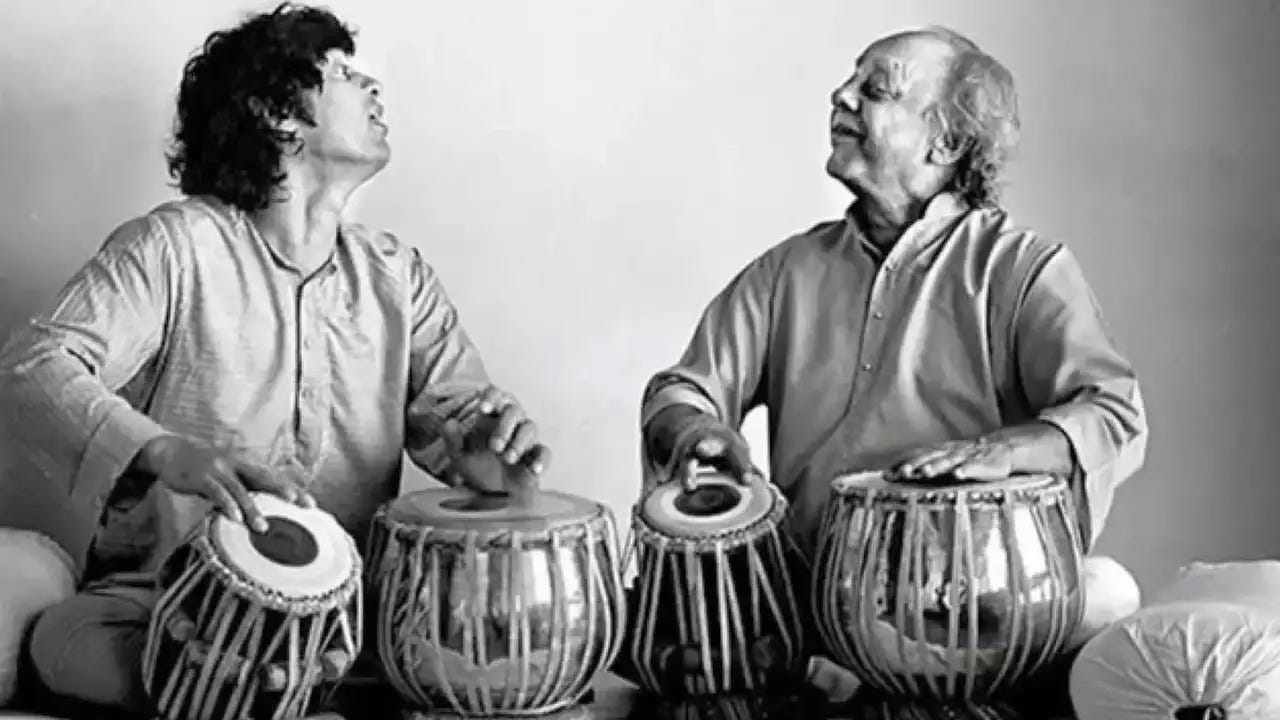
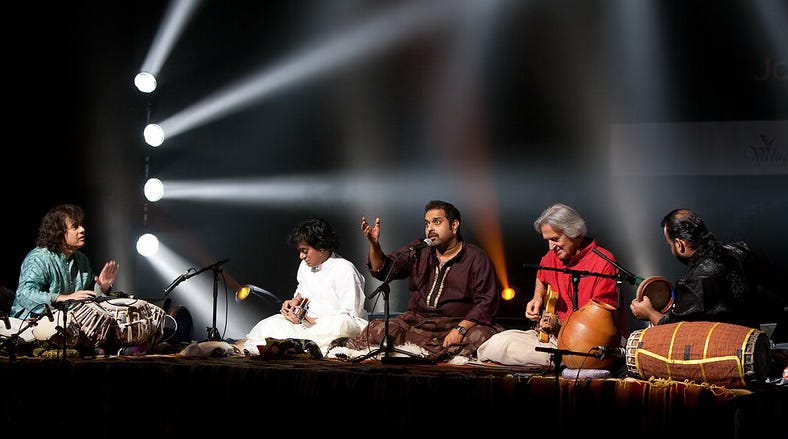
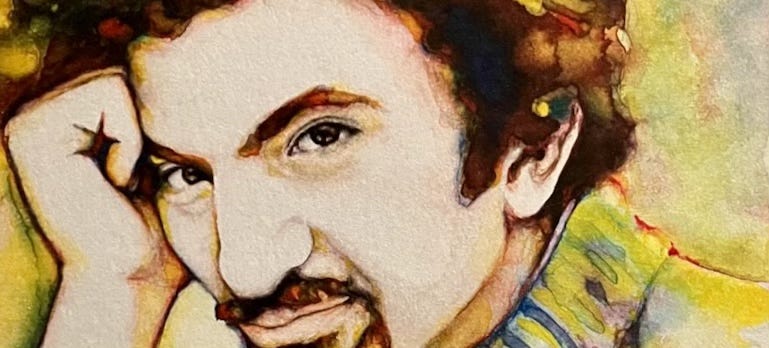
Sorry, everyone, despite four proof readings one awful glitch slipped through! The date of the Zelensky/Trump confrontation was February 28th, not January, as it erroneously said on the inbox/phone versions. Oof!!
Just finished reading your new post. Once again, I am so proud of you for tellling it like it is. Unfortunately, I didn't see the Trump-Zelensky meeting, but I've heard about it from people I know and I've seen excerpts on CNN. Our president is an embarrassment and a very dangerous man.
Hopefully our country will survive in spite of him.